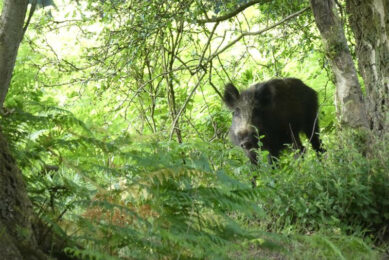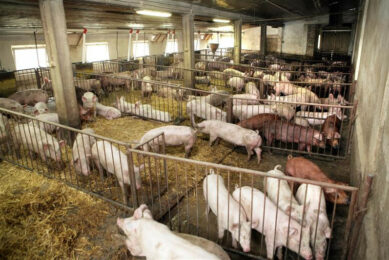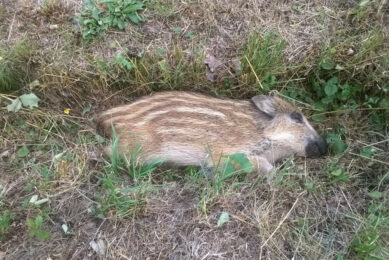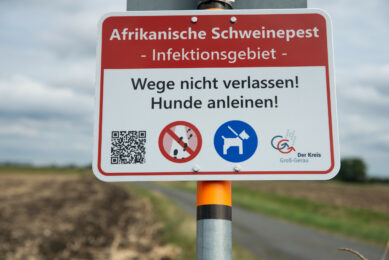ASF Dominican Republic: Virus is endemic, what is the status?
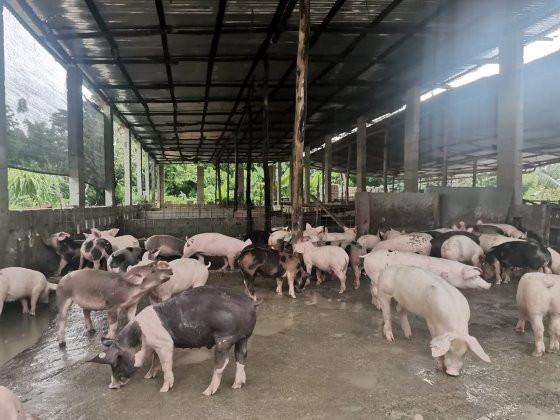
In November 2024, the US Department of Agriculture (USDA) has declared the ASF situation in the Dominican Republic “endemic” – after 3 years of ongoing outbreaks. What are the expectations for the future?
Ever since the outbreaks were reported in July 2021, 28 out of 31 provinces of the country reported the virus. Even though the amount of positive outbreaks has come down throughout 2024, the virus is not gone yet. On the positive side it is worth noting that reports of African Swine Fever (ASF) have only come from the Dominican Republic and Haiti – the 2 countries sharing an island in the Caribbean Sea. When ASF broke out in the late 1970s, the virus also spread to Cuba.

Jonathan Rivera (pictured) is general manager of the farm Hacienda Rivera and he is president of the Dominican ranchers’ association (ADHA). He reflects on the ASF situation in the country, about 3.5 years after the entrance of the virus.
“Official numbers of pigs culled is over 200,000+ and roughly 30% of the sow population. Informal numbers from industry producers have a higher estimate up to 50% of the national production. The difference has been picked up mostly by imported pork, mainly form the United States.”
While national efforts have bolstered biosecurity in larger, commercial farms, smaller, family-based producers often lack compliance with protocols, posing continued risks of ASF transmission and spread
“The recent classification of ASF as “endemic” highlights the precarious situation for hog producers, who must make significant investments in biosecurity without receiving government subsidies in cases of contamination. The risk of ASF outbreaks, which can result in total financial losses, deters producers from expanding operations. While national efforts have bolstered biosecurity in larger, commercial farms, smaller, family-based producers often lack compliance with protocols, posing continued risks of ASF transmission and spread.”
“The Dominican government has taken several steps to combat ASF: “First there is economic support for biosecurity. That means providing resources to producers to enhance biosecurity measures on their farms. Secondly, there are enhanced transportation controls. That includes implementing stricter and additional checkpoints and inspections for animal transport to prevent the spread of ASF. Thirdly, think of collaborative efforts with international organisations, so working with the USDA, FAO and the Dominican ministry of agriculture and other institutions, both national and internationally, to educate producers on biosecurity practices, audit farms and establish grading and certification systems for bio-secure facilities. Lastly, there are farm eradication programmes. Those include culling and eradicating livestock on contaminated farms to control outbreaks and limit further spread.”
“The Dominican Republic successfully eradicated ASF in 1981 following an outbreak in 1978, proving that elimination is achievable with stringent policies targeting both existing and new producers. However, the situation in Haiti is more complex due to ongoing socio-economic challenges and competing priorities, making ASF control efforts there more uncertain.



